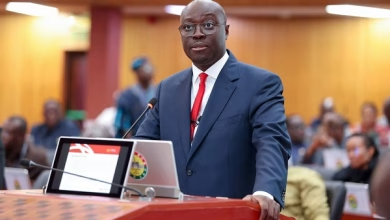The Ghanaian cedi is anticipated to continue its downward trend against major foreign currencies due to limited foreign exchange liquidity.
Last week’s depreciation was exacerbated by the Ghana Cocoa Board’s decision to abandon its annual cocoa syndication loan and concerns surrounding recent Eurobond coupon payments.
The local currency experienced a 0.31% decline against the dollar, a 1.82% drop against the pound, and a 3.76% decrease against the euro on the retail market.
As of August 26, 2024, the cedi was trading at GH¢16.28 to a dollar, representing a year-to-date loss of 24.57%.
Ghana is set to launch a 10-day Eurobond debt exchange this week, aiming to restructure $13 billion of its Eurobond debt.
Investors will be offered two new optional bonds: the DISCO and PAR. The DISCO option provides a 37% haircut with bonds maturing in 2029 and 2035 at a 5% interest rate.
The PAR option offers a 1.5% interest rate on bonds maturing in 2037 without a haircut.
A successful Eurobond exchange is expected to alleviate market uncertainties and reduce pressure on the cedi.
However, the Ghanaian currency’s long-term stability will continue to depend on factors such as foreign exchange inflows, government policies, and global economic conditions.
